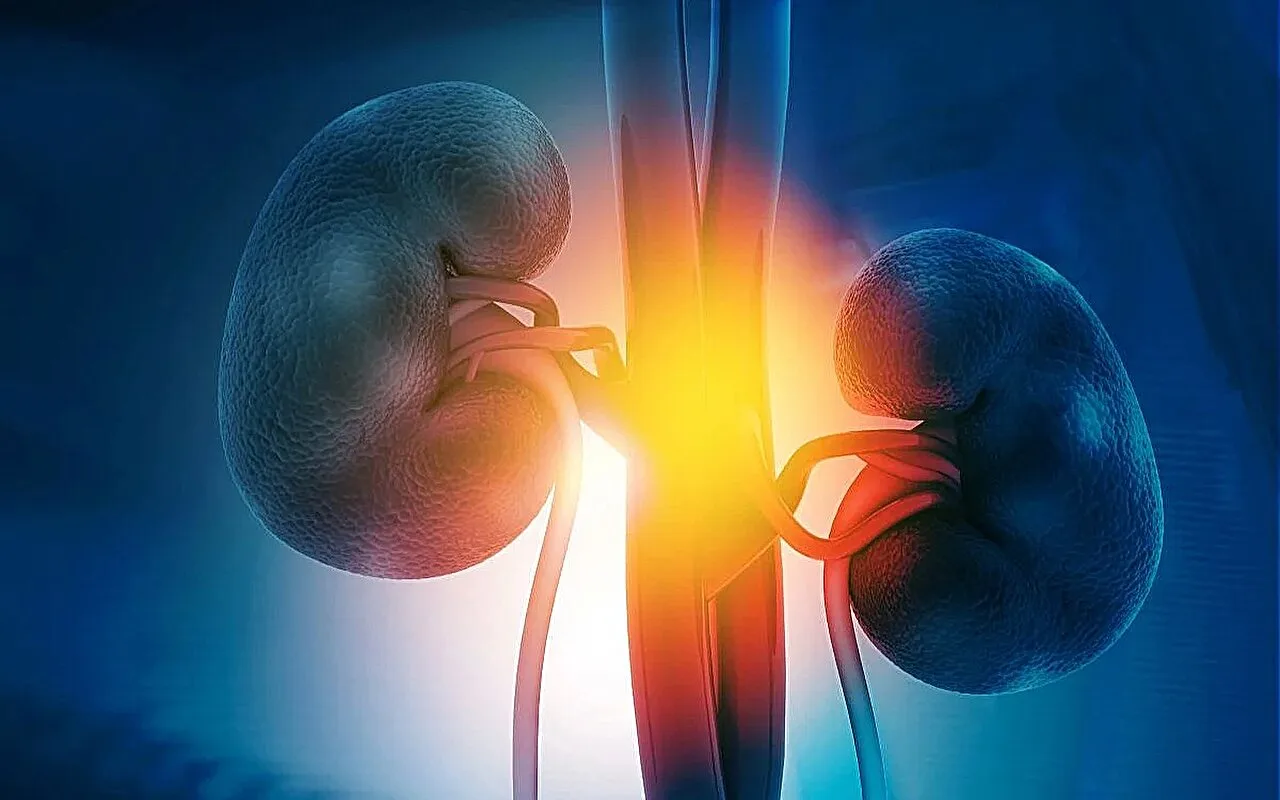DASH and DII Dietary Indices Linked to Chronic Kidney Disease Risk
A recent study published in Renal Failure suggests that following the Dietary Approaches to Stop Hypertension (DASH) diet and considering the Dietary Inflammatory Index (DII) could be crucial in assessing the risk of developing Chronic Kidney Disease (CKD).
Understanding the DASH Diet
The DASH diet is specifically designed to help lower blood pressure and improve heart health. It emphasizes:
- Fruits and vegetables
- Whole grains
- Lean protein sources
- Low-fat dairy
- Limited saturated and total fats, cholesterol, and sodium
The Dietary Inflammatory Index (DII)
The DII is a tool used to assess the inflammatory potential of an individual’s diet. A higher DII score indicates a more pro-inflammatory diet, while a lower score suggests an anti-inflammatory dietary pattern.
Key Findings of the Study
The study indicates that both the DASH diet and the DII can effectively discriminate CKD risk, meaning they can help identify individuals who are more likely to develop the condition. This is important for early intervention and preventative measures.
Implications for Kidney Health
These findings highlight the significant role diet plays in kidney health. By adopting a DASH-style diet and being mindful of the inflammatory potential of your food choices, you may be able to reduce your risk of CKD.
Practical Steps for a Kidney-Friendly Diet:
- Increase Fruit and Vegetable Intake: Aim for a variety of colorful fruits and vegetables daily.
- Choose Whole Grains: Opt for whole wheat bread, brown rice, and oats over refined grains.
- Limit Processed Foods: Reduce your intake of processed foods, which are often high in sodium and unhealthy fats.
- Stay Hydrated: Drink plenty of water throughout the day to support kidney function.
Final Words
Paying attention to your dietary choices, specifically embracing the DASH diet principles and understanding the DII, could be a proactive step in managing and reducing the risk of Chronic Kidney Disease. Consult with a healthcare professional or registered dietitian for personalized dietary advice.




+ There are no comments
Add yours